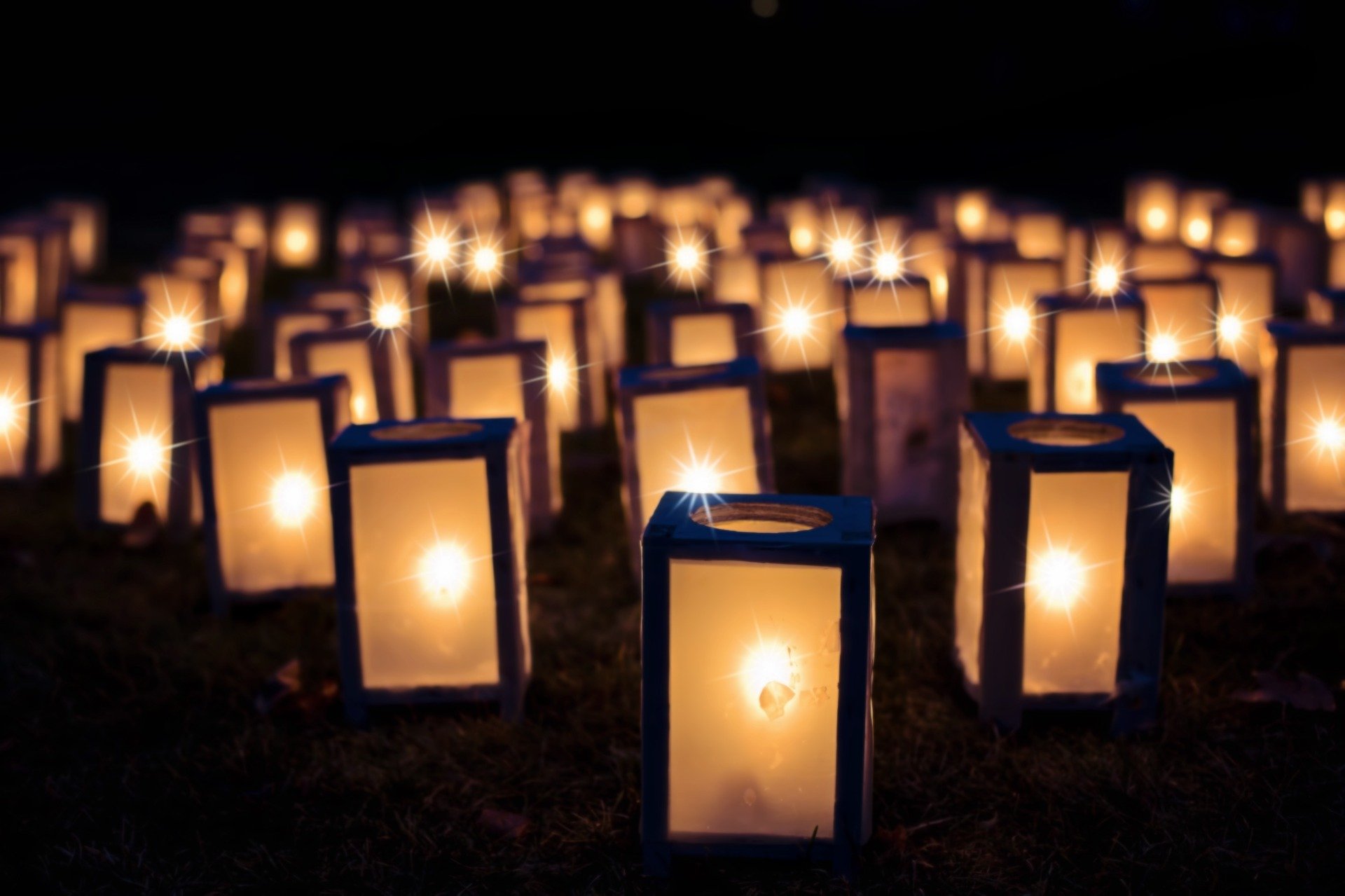5th Sunday in Ordinary Time
Mary Morris Williams
February 7, 2021
Job 7: 1-4, 6-7; Psalm 147: 1-2, 3-4, 5-6; 1 Corinthians 9: 16-19, 22-23; Mark 1: 29-39
Mary Morris Williams, a Maryknoll Affiliate, reflects on preaching the “good news” in challenging times.
In the first reading for this week, Job cries out to us from his “months of futility” and “nights of misery.” His nights bring no rest or relief. His days move fast but end without hope. He cries out to God to remember him but has no hope for future relief or happiness. How many Jobs do we know? We have seen him often during the pandemic. Are we struggling along with him? How many have lost family members, friends, employment, homes? How many are hanging by a thread, awaiting political decisions?
But the momentum of the Mass will not allow us to linger with Job. The liturgy pulls us forward to the Psalm, which calls for praise. Now? In the midst of despair? Yes, we are told, and always. This is our calling as Christians. The Psalm reminds us that God is good: “God gathers the exiles of Israel, He heals the brokenhearted and binds up their wounds.” The God who rules the heavens and has perfect understanding surely knows what Job and all his brothers and sisters throughout the ages are experiencing. My response is to believe and trust.
This combination of readings reminds me of my work as a social worker and the need to keep balance in my life. In my early career, when working at childcare institutions in New York, I visited families in the poorest neighborhoods. I scheduled appointments for the mornings because it was safer at that time of day. I drove an older car because it was what I could afford, but also it would not attract unwanted attention. Public transportation was not used much because of danger on the walk from the subway station to the homes of clients. I found this work needed careful balance so as to avoid dwelling in despair, so I took time for movies, visits to a museum, time with family, dating, hobbies, mental health days, and vacations.
In today’s Gospel, Mark describes the Sabbath day in Capernaum when Simon and Andrew bring James, John, and Jesus to their home after a day teaching in the synagogue. Simon’s mother-in-law is sick with a fever and Jesus heals her, enabling her to get up and serve them. Not only can the God of the Psalms “bind up wounds,” but in Jesus God heals those wounds. Jesus did not worry how we would view this event 2,000 years later. I wonder where Simon’s wife and his children were. I must laugh at this: five adult males tired at the end of the day descend on this household, needing to be served, and provide a miracle to make it happen!
The disciples do not get much rest. As soon as the sun went down and the Sabbath was over, people start to come to the house to see Jesus. And another aspect of Jesus’s ministry begins – healing “the sick and demon-possessed.” “The whole town began to gather at the door, and Jesus healed many who had various diseases. He also drove out many demons” (Mark 1: 32-34). Jesus welcomes everyone. He does not exclude anyone. He is generous and kind-hearted to all. And if Job had lived in Capernaum when Jesus was visiting Simon and Andrew’s home, someone would have brought him to Jesus and Jesus would have healed him.
Recently, in rereading parts of the gospel, I realize more fully the ongoing work of Jesus in healing those who came to him. I have been struck by the multitude of healings – the blind see, the lepers healed, the lame walk, hemorrhages healed, sins forgiven. This work is the fulfillment of what Jesus promised when He spoke in the synagogue in Nazareth, reading the scroll of the prophet Isaiah: “The Spirit of the Lord is on me, because He has anointed me to preach good news to the poor. He has sent me to proclaim freedom for the prisoners and recovery of sight for the blind, to release the oppressed, to proclaim the year of the Lord’s favor” (Luke 4: 18-19; Isaiah 61:1-2).
Today’s readings remind me again of the “good news.” Christ has come into our world; the Kingdom has come. We live in His reign. The Spirit resides in us, prompting us to keep moving forward. We are called to work alongside Paul, bringing Christ to others. We need to use our talents and be generous with them since we have been called to be disciples. We may not have the gift of healing, but our presence and love start a spiritual process in those we touch. We are called to reach out to the poor and the oppressed, to continue Christ’s work on earth. We are now partners in His healing ministry, sharing His love and compassion with our brothers and sisters.

